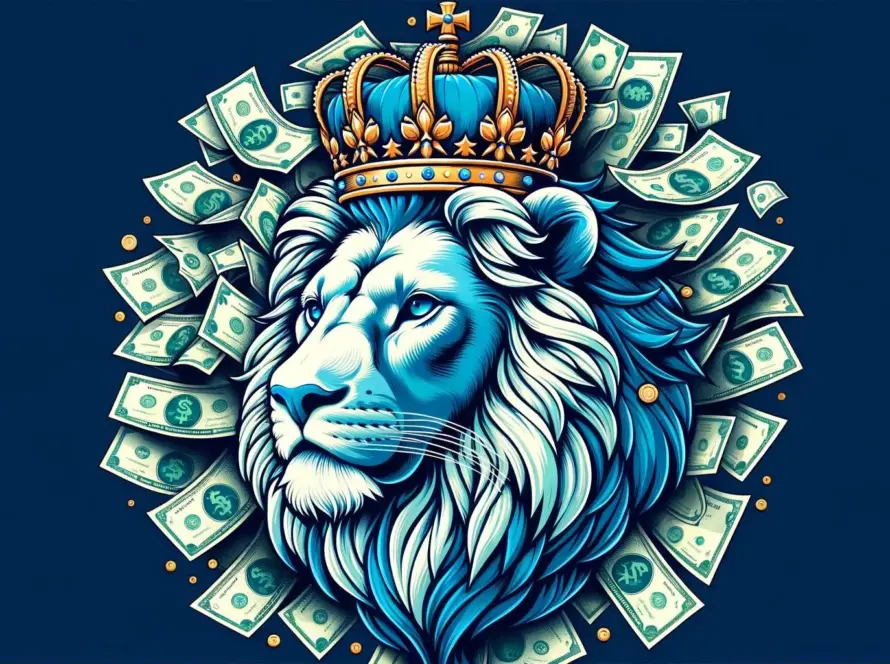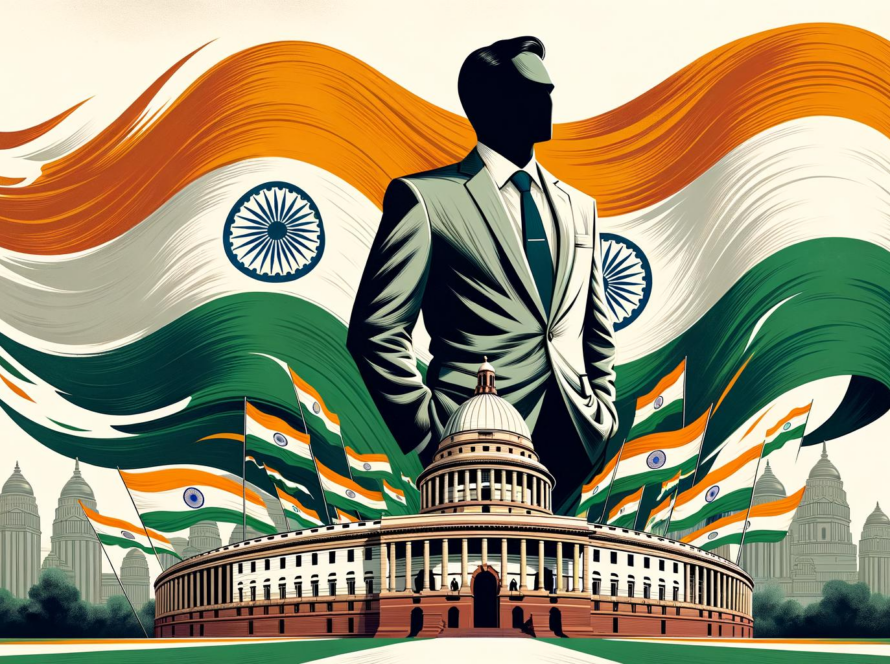Published by Contentify AI
Key Takeaways
- Current Prime Minister of India
- Member of the Bharatiya Janata Party (BJP)
- Served as the Chief Minister of Gujarat from 2001 to 2014
Early Life
Narendra Modi was born on September 17, 1950, in Vadnagar, a small town in northeastern Gujarat, India. Growing up in a lower-middle-class family, Modi experienced the challenges of poverty firsthand. His father sold tea at a local railway station, and from a young age, Modi helped by running a tea stall with his brother. This early exposure to the hardships of life instilled in him a strong resolve to rise above his circumstances.
Education played a pivotal role in Modi’s formative years. Despite the financial constraints, he completed his schooling against all odds. His interest in helping others and serving his community was evident from a young age. Modi’s early engagement with the Rashtriya Swayamsevak Sangh (RSS), a Hindu nationalist volunteer organization, was a turning point in his life. It was here that he honed his skills in organization, leadership, and public speaking, which laid the foundation for his future in politics.
The early life of Narendra Modi is a testament to his resilience and determination. From a tea seller to the Prime Minister of India, his journey is not just inspiring but also illustrates the power of hard work and perseverance.
Political Career
Narendra Modi‘s entry into the political sphere was marked by his early involvement with the Rashtriya Swayamsevak Sangh (RSS), a prominent Hindu nationalist organization. His dedication and work ethic quickly propelled him within the ranks, leading to his role in the Bharatiya Janata Party (BJP), where he played a key part in strengthening the party’s presence across India. His political acumen became evident through his role in various positions within the BJP, ultimately leading to his appointment as the Chief Minister of Gujarat in 2001.
During his tenure as Chief Minister, Modi was credited with transforming Gujarat’s economic landscape, fostering growth, and attracting foreign investment, which propelled him onto the national political stage. His policies and governance model in Gujarat received both national and international attention, setting the stage for his rise to the Prime Ministerial candidacy.
In 2014, Modi led the BJP to a historic victory in the Indian general elections, assuming the office of Prime Minister. Under his leadership, the BJP secured a majority that hadn’t been seen in three decades, highlighting his popularity and the faith the Indian populace placed in his vision for the country. His tenure as Prime Minister has been marked by several significant policies aimed at economic reform, digital transformation, and social welfare, further cementing his influence in Indian politics. Modi’s ability to connect with the masses through effective communication and social media has played a crucial role in his political journey, making him a pivotal figure in India’s contemporary political landscape.
Achievements
Throughout his tenure as Prime Minister of India, Narendra Modi has achieved numerous milestones that have significantly impacted the country’s socio-economic landscape. One of his most notable accomplishments is the implementation of the Goods and Services Tax (GST), a revolutionary step in reforming India’s complex tax structure, aiming to unify the country into a single tax market, significantly boosting ease of doing business and simplifying compliance procedures.
Under Modi’s leadership, India has made significant strides in digital innovation and infrastructure. The Digital India campaign, launched in 2015, aims to ensure government services are made available to citizens electronically by improving online infrastructure and by increasing Internet connectivity. This initiative has fostered an environment of digital empowerment in India, facilitating innovations in technology and e-governance.
Another major achievement is the Swachh Bharat Abhiyan, a nationwide cleanliness campaign that sought to eliminate open defecation and improve solid waste management. This initiative has not only contributed to improving public health and hygiene but also fostered a sense of civic responsibility among the Indian populace towards cleanliness and environmental conservation.
On the international front, Modi has been instrumental in elevating India’s status and influence in global affairs. His active engagement in international forums, bilateral and multilateral relations, and his advocacy for issues such as climate change and terrorism have positioned India as a pivotal player on the world stage. Moreover, his efforts have led to increased foreign direct investment, boosting the country’s economic growth and global competitiveness.
In the realm of social welfare, the Jan Dhan Yojana represents a significant achievement in increasing financial inclusion by providing bank accounts to millions of unbanked Indians, thereby integrating them into the formal financial system and enabling direct benefit transfers, which have helped reduce corruption and improve the efficiency of welfare programs.
These achievements, among others, underscore Narendra Modi’s vision and commitment to steering India towards progress and prosperity, marking his tenure as a period of significant transformation and asserting his influential leadership on both a national and international level.
Controversies
Narendra Modi’s tenure as Prime Minister has not been without its share of controversies, which have sparked significant debate both within India and internationally. One of the most prominent controversies involves the 2002 Gujarat riots, a tragic event that occurred during his term as Chief Minister of Gujarat. The violence resulted in the deaths of hundreds of people, primarily from the Muslim community. Modi has faced criticism over his government’s handling of the situation, with allegations of inadequate response to stem the violence. Despite these allegations, subsequent investigations and court proceedings have not found Modi legally culpable, and he has consistently denied any wrongdoing.
Another area of contention has been the implementation of the Citizenship Amendment Act (CAA) in 2019, under his leadership. The CAA aimed to provide citizenship to persecuted minorities from neighboring countries but excluded Muslims, leading to widespread protests across the country. Critics argue that the act is discriminatory and undermines India’s secular constitution by linking citizenship to religion, while the government defends it as a necessary measure to protect vulnerable groups.
The abrogation of Article 370 in Jammu and Kashmir in August 2019 is another policy decision that has drawn both applause and criticism. The move revoked the special status accorded to the region and reorganized it into two separate Union Territories, aiming to integrate the region more closely with the rest of India. However, the manner in which it was implemented, including the communication blackout and detention of political leaders, raised concerns over human rights and the democratic process.
Additionally, Narendra Modi’s environmental policies, particularly the high emphasis on coal-based energy projects, have faced scrutiny from environmental activists. While the government has launched initiatives like the International Solar Alliance indicating a move towards renewable energy, critics argue that more aggressive action is needed to combat climate change and reduce reliance on fossil fuels.
Despite these controversies, Modi remains a highly popular figure in Indian politics, known for his charismatic leadership and strong governance. His ability to connect with the electorate and implement wide-ranging policies has kept his support base strong, even as he navigates the challenges and criticisms that come with leading the world’s largest democracy.



